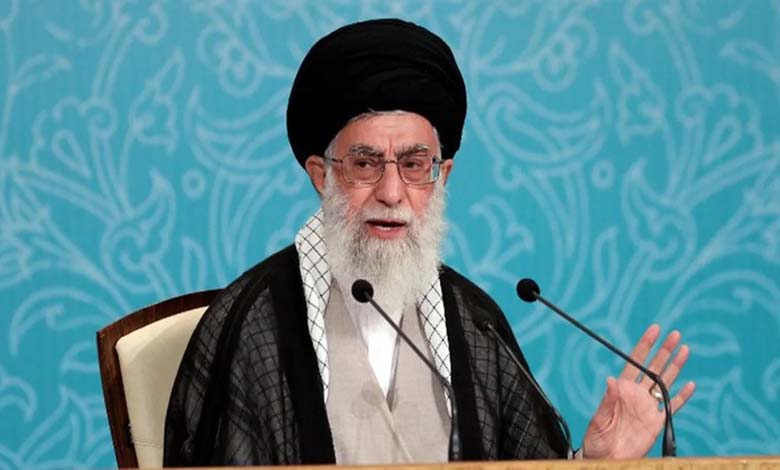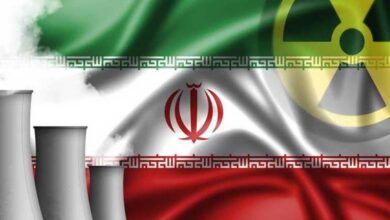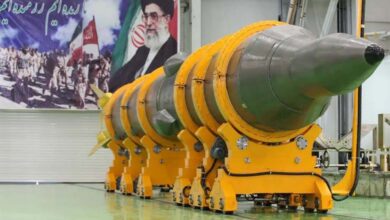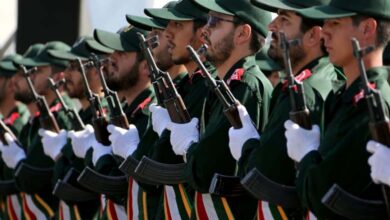Why Iran Views the Muslim Brotherhood as Mercenaries

The al-Hal Center dedicated a report to exploring the relationship between the Iranian Republic and the Muslim Brotherhood, and how Iran engages with the group to achieve political gains in Jordan, Yemen, Egypt, and Syria.
The center stated that Iran primarily seeks its own interests, which are expanding influence and dominance. This explains why Iran reconciles with the parent base of the “Muslim Brotherhood.” Tehran’s main driver is to reap political gains wherever they are found, regardless of the means.
The center’s report added that the relationship between Iran and the Arab Muslim Brotherhood is complex and multifaceted, marked by cooperation and tension at different times. From the perspective of the Islamic Republic, there are several reasons why it views the Brotherhood as a group of mercenaries, rather than true allies in the pursuit of Islamic interests.
The report explained that one of the main reasons is the Muslim Brotherhood‘s willingness to cooperate and form alliances with Iran, and with states that Tehran considers adversaries. This occurred in Egypt with the rise of the Muslim Brotherhood, who then became mercenaries for Iran to achieve its interests.
In Yemen, the alliance of the Muslim Brotherhood with the Houthi rebels, who are closely allied with Iran, is evidence of the group’s willingness to act as mercenaries for Tehran’s interests.
The report added that Iran views the Muslim Brotherhood as a means to advance its own geopolitical agenda, primarily focused on expanding its influence in the region and undermining the power of its rivals.
Furthermore, Iran’s support for the Muslim Brotherhood is seen as a way to destabilize the governments of countries where the group is present, using the Brotherhood as a tool to provoke unrest and challenge the existing political order. This is especially true in countries where the Brotherhood has gained a significant following, such as Egypt and Tunisia.
In conclusion, Iran’s view of the Arab Muslim Brotherhood as mercenaries is rooted in the belief that the group is willing to abandon its principles and align with Tehran in the pursuit of its political and economic interests, rather than those of the Arab community.












